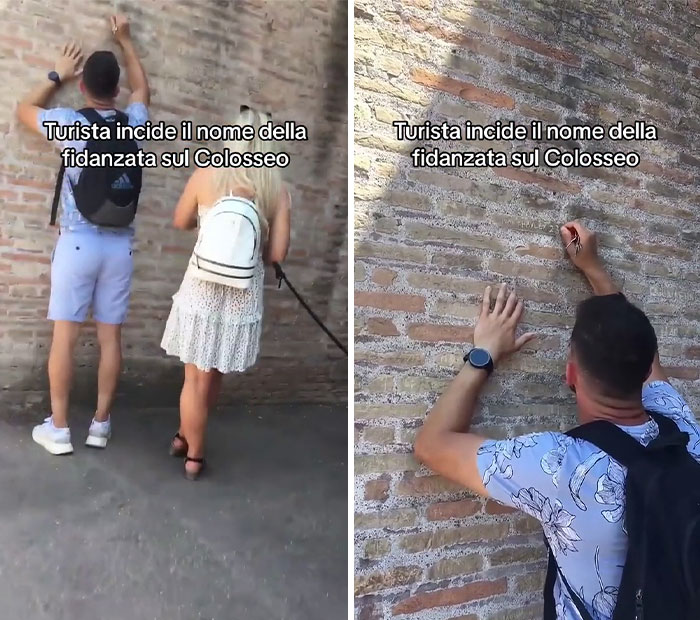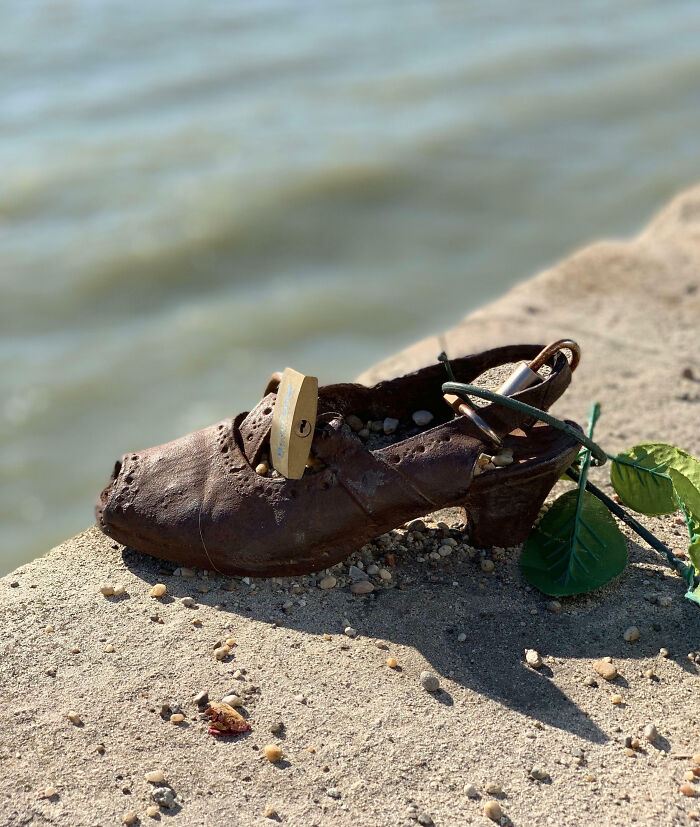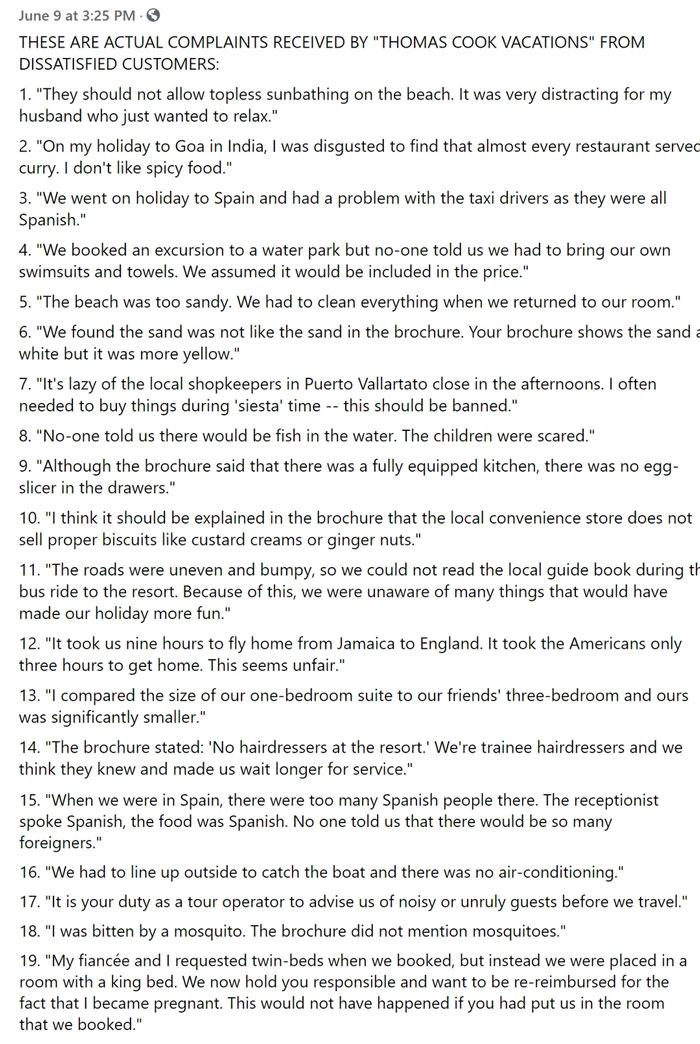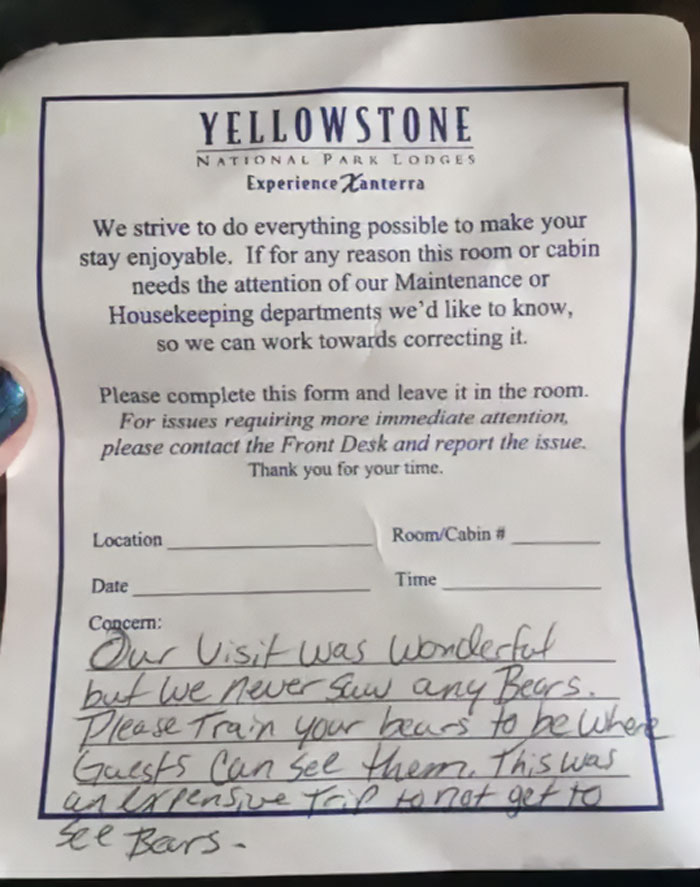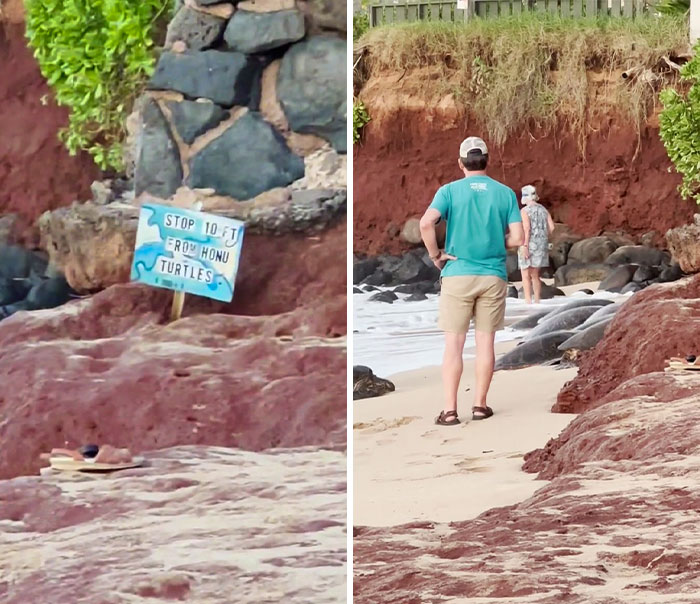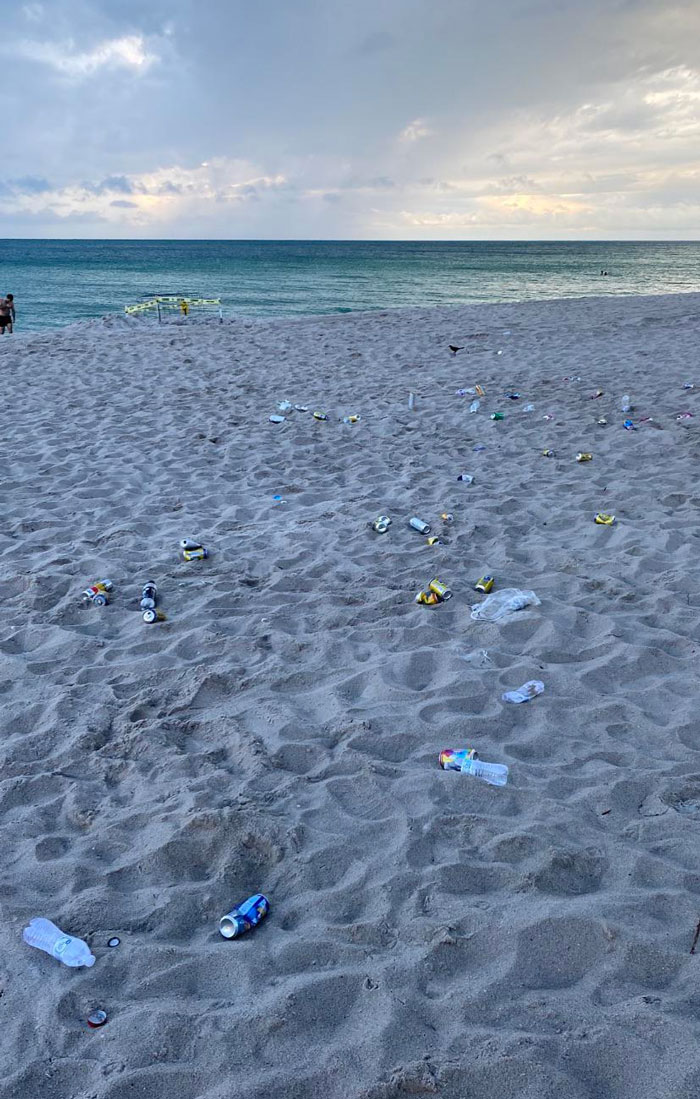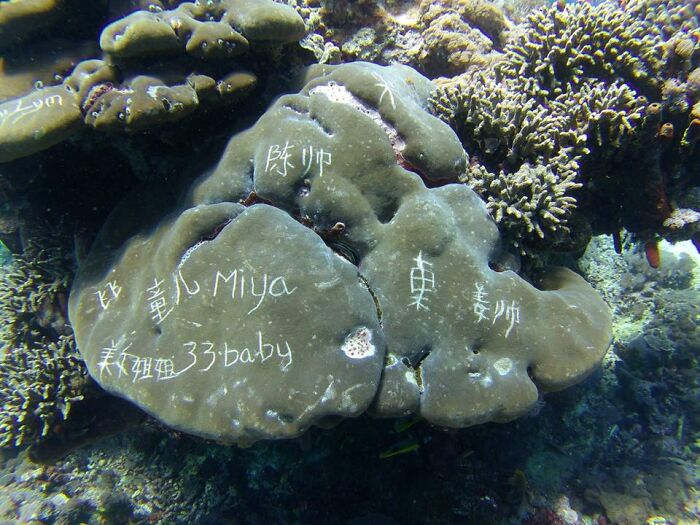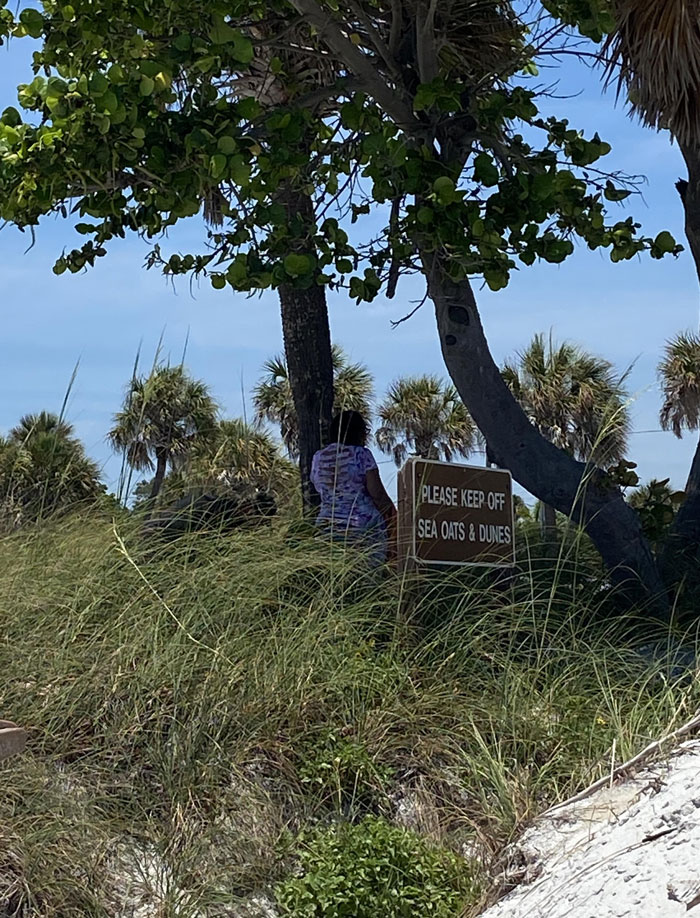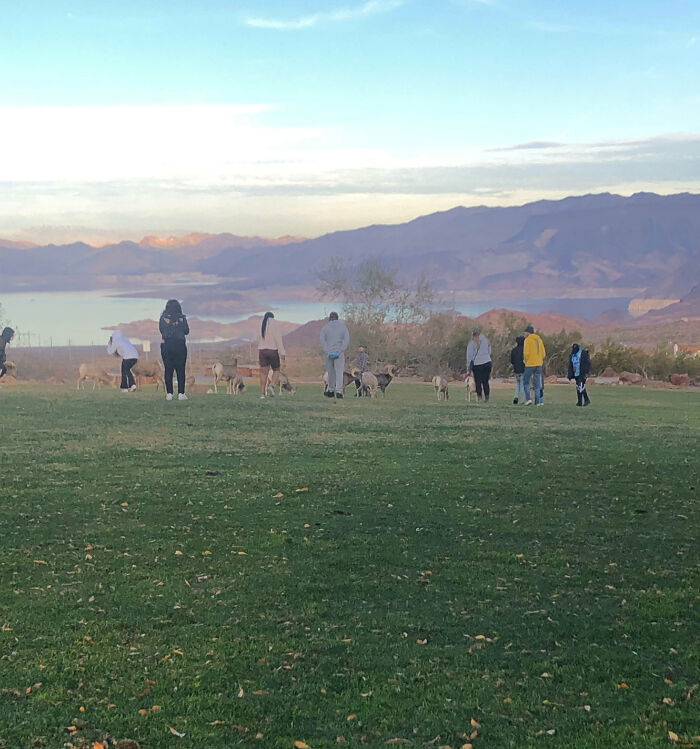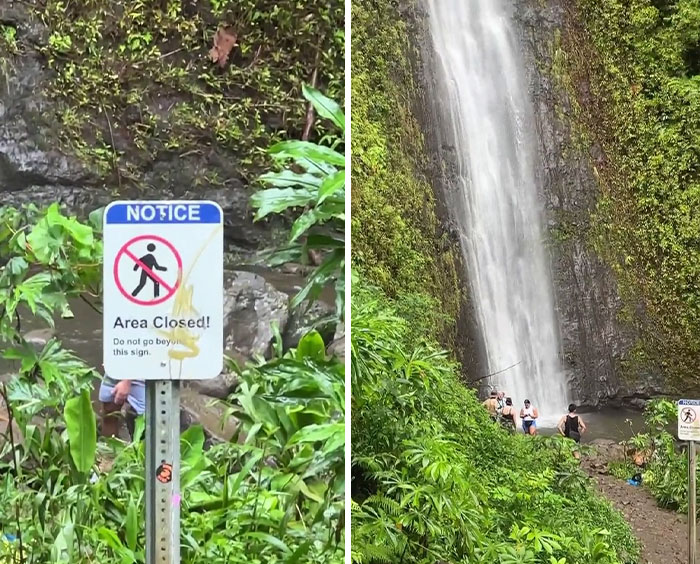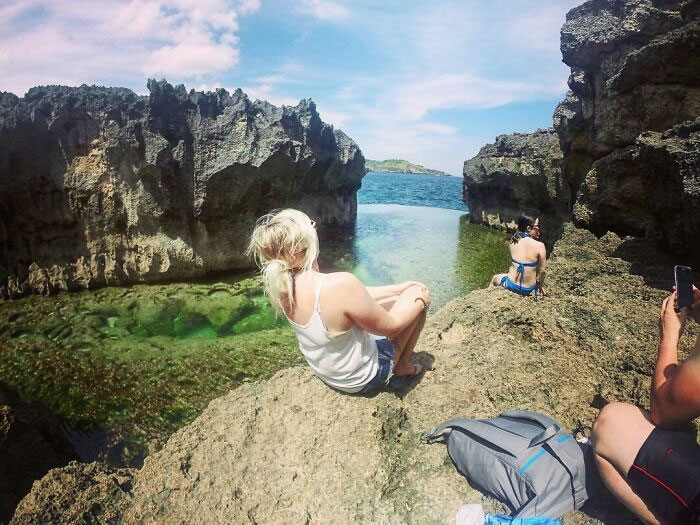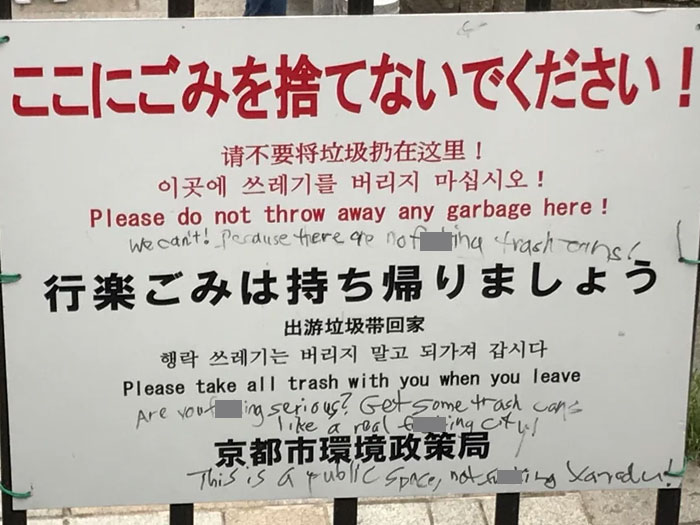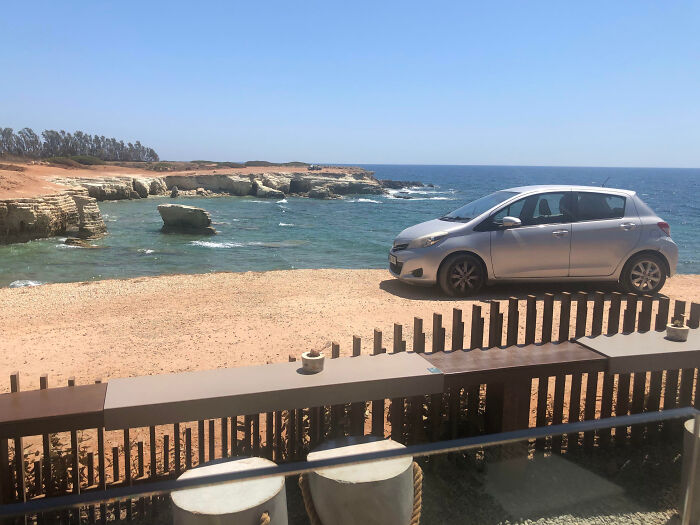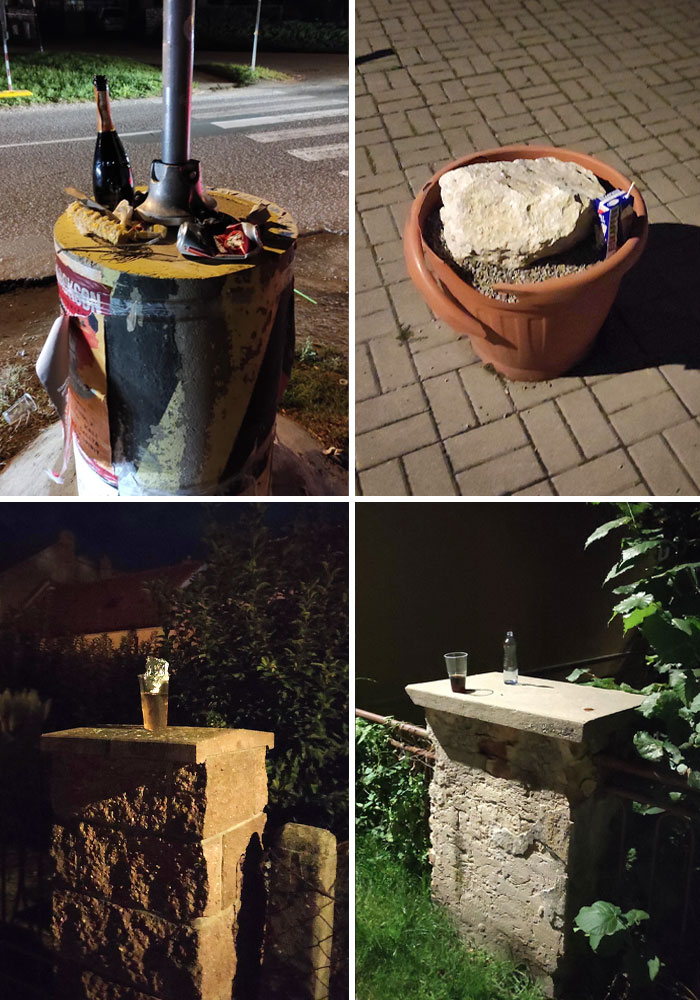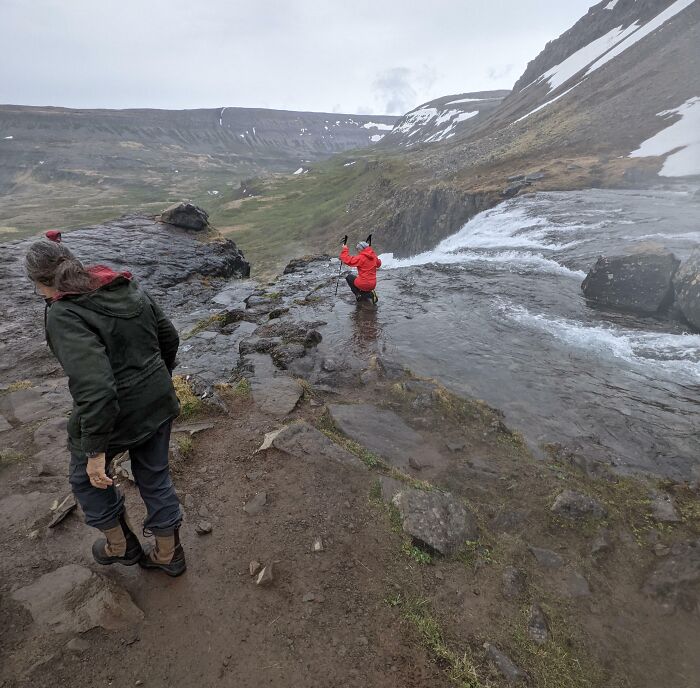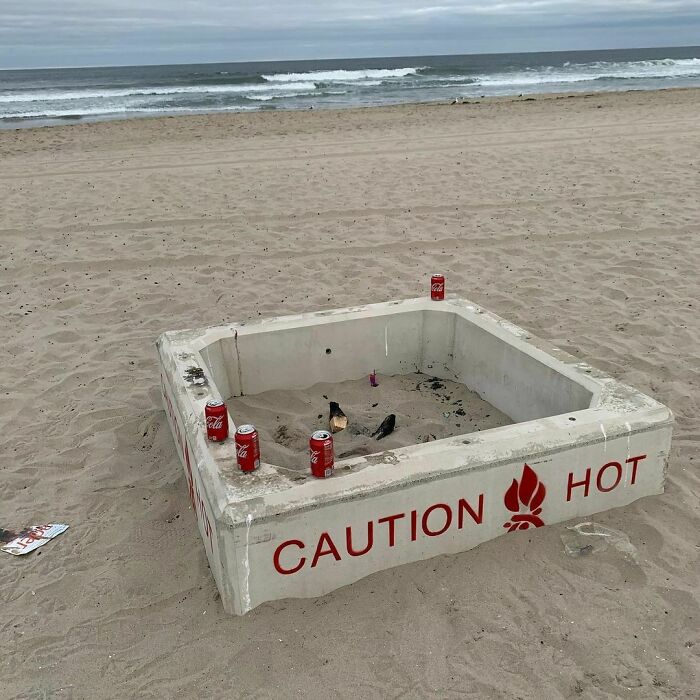Certain tourists leave a trail of ignorance and entitlement wherever they go, from littering beautiful landscapes to behaving inappropriately at sacred sites. Below, we’ve gathered some of the most shocking examples of this behavior. Scroll down to see for yourself, and don’t miss our chat with travel writer Pati on how we can all be more mindful when exploring the world. Take Iceland, for example, where concentrated tourism in certain areas is causing damage to its natural landscape. Or consider overcrowded cities like Venice and Dubrovnik. In April of last year, residents of the Canary Islands took to the streets with banners reading, “Tourist: respect my land!” as 13.9 million people visited the seven main islands in 2023 alone. This sentiment has been echoed in protests across other popular European destinations like Barcelona, Athens, and Málaga. “I still remember how puzzled I was many years ago when I first saw travelers visiting Spain, a country rich in culture and cuisine, choosing to eat at pubs and lie by the pool at all-inclusive hotels,” Pati recalls. “Since then, I’ve visited many countries, and I’m still surprised by how tourists sometimes behave.” “But this often comes down to not being informed,” she explains. “We see some great photos of Thai or Indonesian islands or Malaysian colonial cities, see photos of the beaches, and we pack the shorts and off we go. We don’t know that we shouldn’t disrespect the king, that we should take off our shoes before entering a room, or cover our heads before entering a temple.” “In today’s fast-paced world, travel is often seen as an escape—an escape from reality, from long working hours, far away from those who might judge our choices,” she continues. “This mindset can lead tourists to behave less respectfully. They feel they’ve earned this time off and want to do as they please.” Sebastian Zenker, an expert in overtourism and academic director at Copenhagen Business School, explains, “If you look at the Canary Islands, I’ve read that a third of the population live on the edge of poverty. Tourism offers a big income to these islands—but for whom? It’s not enough to say that we want to welcome well-behaved tourists who are quiet and spend more money, it’s about where the money goes. At the moment, a large proportion of the population does not benefit.” He suggests that if locals see a direct benefit, such as improved infrastructure or better living conditions, there could be a healthy coexistence between tourists and residents. Aluminum doesn’t belong in the trash. Follow Bored Panda on Google News! Follow us on Flipboard.com/@boredpanda! Please use high-res photos without watermarks Ooops! Your image is too large, maximum file size is 8 MB.









